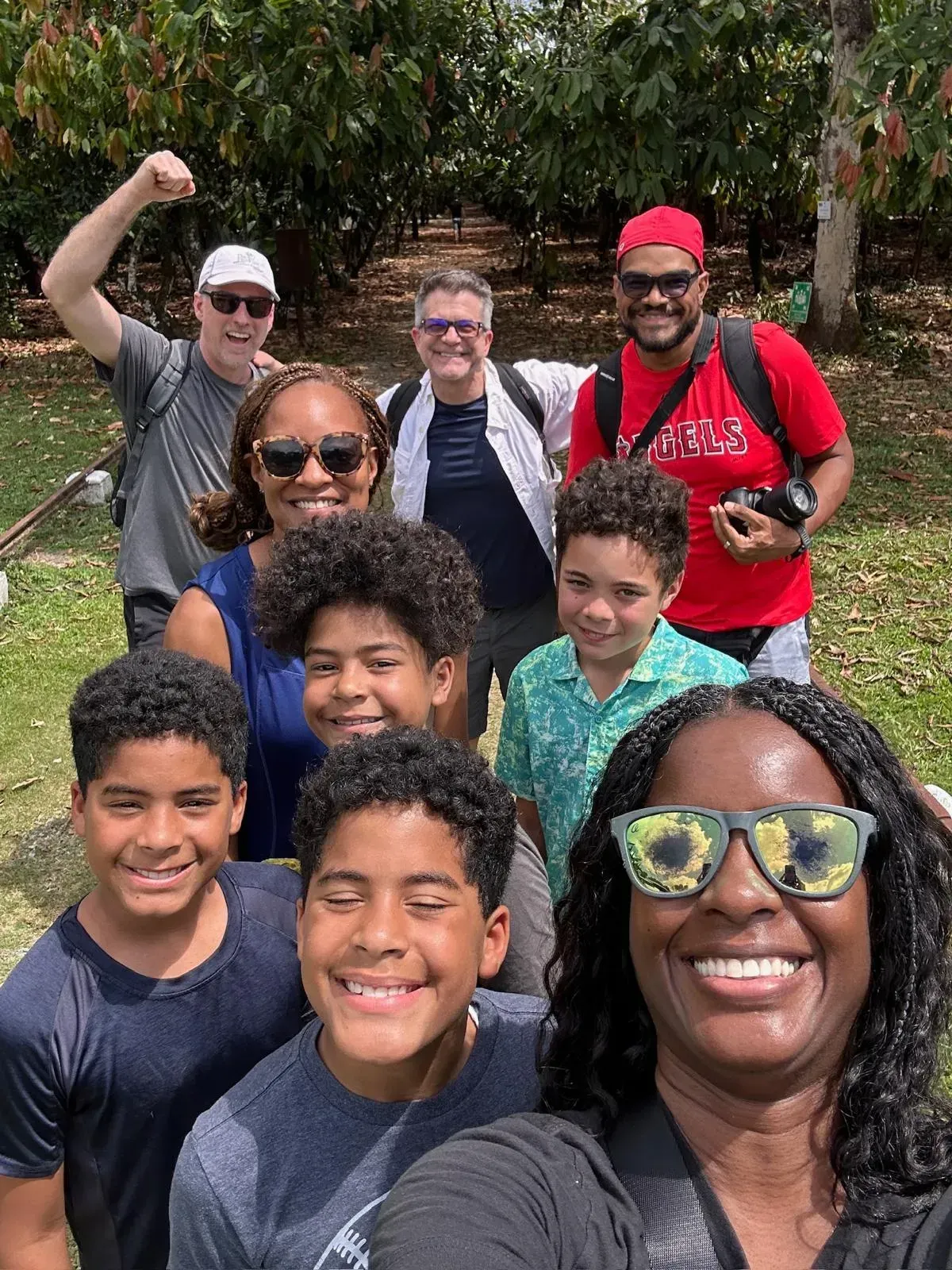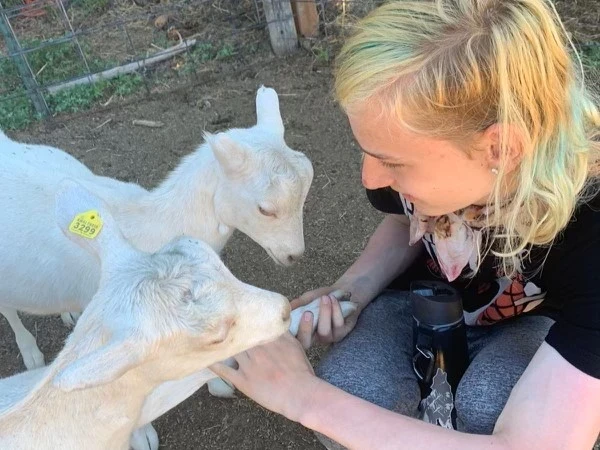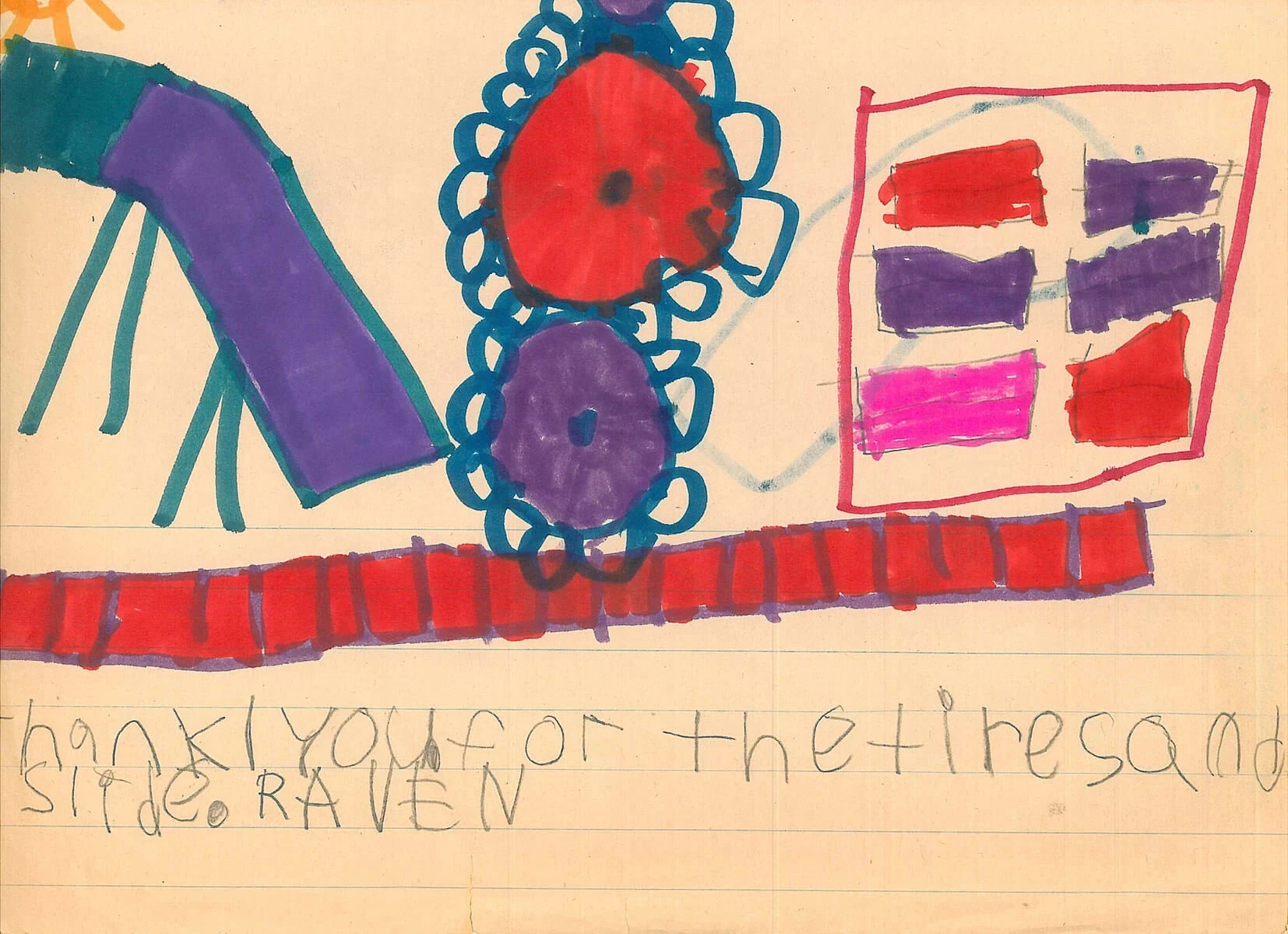The following is an interview with Santos, which has been translated from Spanish to English and edited in places for clarity.
Tell us a bit about your family, your personal life, and your time in Cotui.
My connection with Cotui is through my wife, who is from Quita Sueño, the area of Cotui that is VISIONS home base. This place is very special for us, as it is where many of her brothers and sisters still live. We often go there for family gatherings and celebrations. However, over 50 years ago, after we got married, we moved to the capital, Santo Domingo. That is where our son and grandchildren grew up, and where we still live today. During the VISINOS programs, I live full-time in Cotui.
How and when did you first get involved with VISIONS?
VISIONS first came to the Dominican Republic in 1991. They were constructing a medical clinic. The director was a man named Josue, and they were needing some help. I was passing by while selling cheese, so I stopped and they bought some cheese from me and I started to talk with the leaders. They told me they were having trouble with the functionality of the house they’d rented.
The bathrooms were clogged, so I told them I could help them with that, so the next day when they went to work at their worksites I went to work on the house, and by the time they were back everything was fixed and functioning well. They were so happy. Then the director asked me if I knew any Dominican teenagers to come and spend time with the VISIONS participants and I said yes I did, so I went home with that objective.
I told my son Alberto that I needed between 15 and 20 kids, about 15 or16 years-old to participate with the VISIONS volunteers. I came back three days later with a minivan full of Dominican teens and they played, talked and got to know each other, and from there on the program was a success.
That is how I first got involved with VISIONS.
What has been one of the most memorable times during your VISIONS experience?
The most memorable moment for me was when…. I get goosebumps… It was when Joanne (the previous Executive Director) came for the second time to the DR, and I went to pick her up at the airport. My English has never been good, but I understood when she asked me if I wanted to visit the US, and I said yes.
Later when I least expected it she sent me everything for the trip—tickets, everything. But the best moment, and I will never forget, was when I arrived in the US at 1:00 in the morning, Joanne and Teena were standing there waiting for me at the airport, and got me a nice taxi to take me to my brother’s place (he lived in New York), and made sure I got there. Those are things I will always remember.
What do you feel makes VISIONS special or unique? What has VISIONS meant to you?
For me, one of the things that makes VISIONS special is what it does, which is something I have always liked: helping communities. It has given me the opportunity to participate with a lot of families and in a lot of projects involving our schools and clubs, a desire of mine since I was really young.
It was very gratifying to find and get to know this organization that was dedicated to this work, and that is why I have been around for so long—because I have felt so satisfied with the work that has been done. Besides helping people in need, VISIONS is also dedicated to education, health, and youth sports and activities. We’ve built seven or eight schools, helping more than 3,000 students receive an education because of VISIONS.
That makes me feel very proud. We have also built around 30 to 35 houses, which makes me feel very happy, because they were people that never dreamed they could have a house, and now they do.
That, for me, is important—to see an organization that is dedicated to the development of a country, to education, health and sports… where there is no education there is no development, and that is the impact VISIONS has had and it makes me feel very fulfilled.
Are you proud of anything specific that you have accomplished with the help of VISIONS?
I am most proud of an American newspaper article that was published years ago. The first page talked about the Ramos family and that made me cry. I was only 39 years-old at the time… the first and second pages talked about the Ramos family and the work that our family does, and the work that Santos does.
I had been working for 39 years in my country and never got a post like that in any newspaper. When I went to apply for a U.S. visa I brought that newspaper with me. To apply for a visa sometimes you have to have a lot of prerequisites. I only showed that paper when I went to the embassy and they asked if I knew the woman referred to in the article (Joanne), and I said, “Yes, she is the director of the organization,” and I was given a 10-year visa.
My whole family got visas, and we’ve continued to receive them and I’ve used mine for some trips to the VISIONS home office. I was only 39 and now I am 72. I came in young and now I am old. I have been around for so long and I am grateful for everything.
What does the word community mean to you?
From a point of view, the word community means feeling comfortable….. That is part of a community, feeling comfortable where you are.
In VISIONS I have felt comfortable being part of the community. Now when you move somewhere else… for example, we went from Santo Domingo to Cotui, and we had to get to know the new community. Since we got there we started to make connections, make new friends, that is part of what we do with the community, so for me community is to share with everybody.
What would you like to be remembered for?
I would like to be remembered for VISIONS, and everyone who knows me for the good things that I am able to do for the benefit of the community and the focus on education.
I would like to be remembered each time a student comes to a school we built, and they know that Santos was working there, and that Santos was a pioneer in that school, then that is a legacy that will never in life be forgotten.
What would you like to say to other members of the VISIONS community locally and around the world?
What I can say is that I feel proud to serve as an example, and that I hope the ones that are here already can try to follow my steps, and the new ones can continue the steps the first have already taken.
Do good, do a good job, so tomorrow they can also talk in the way that I am talking now, and for those around the world when they come here, they can feel like they’re at home and that we can develop the work that the community requires.






